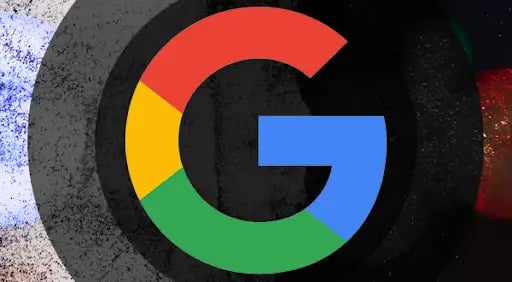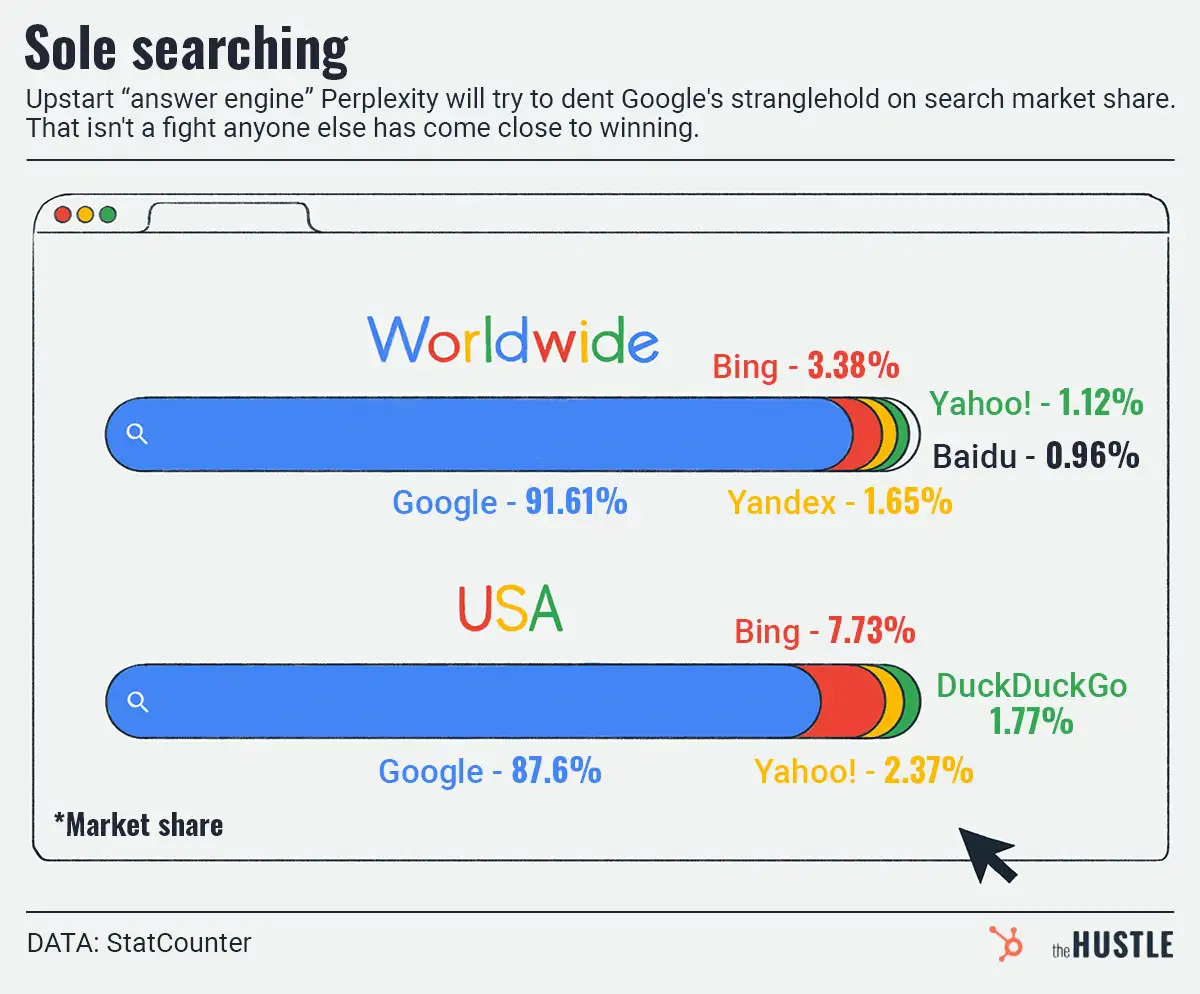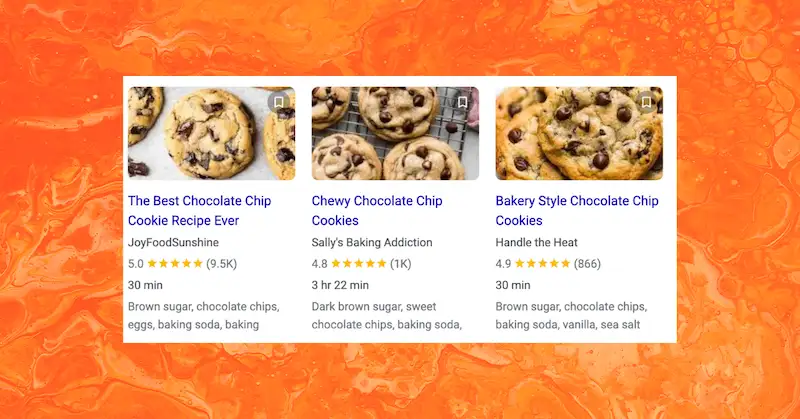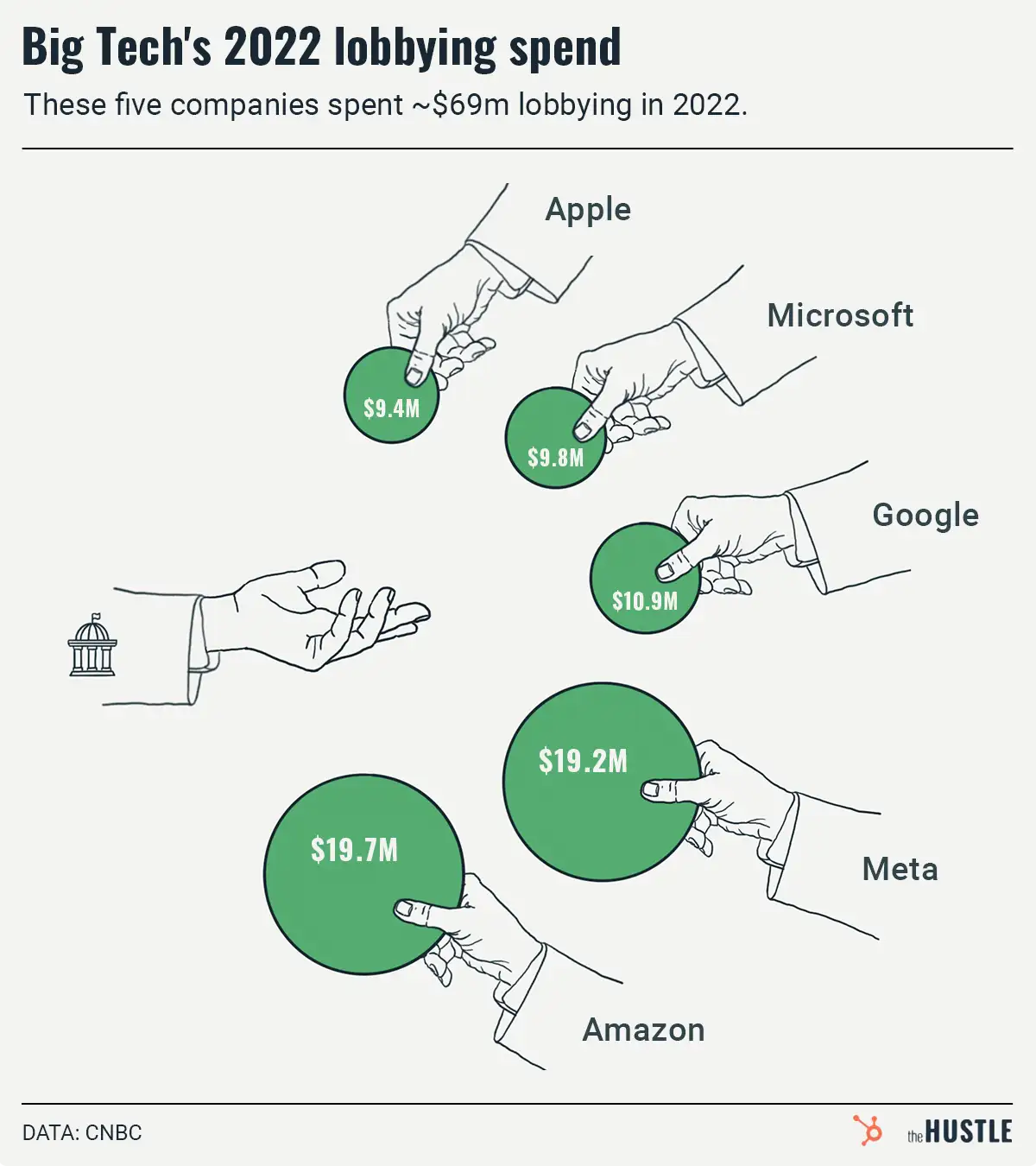In the last year, a total of 3 antitrust lawsuits have been brought against the Big G.

One — from the US Department of Justice and filed in October — claims Google used anti-competitive tactics to maintain its monopoly over mobile and desktop search.
This isn’t Google’s first antitrust rodeo
Far from it. Politico recently uncovered FTC documents from 2012 that detail a probe by antitrust investigators into Google’s search practices focused on, you guessed it, Google’s mobile search.
The documents disclose Google’s internal playbook to maintain search dominance in the early days of smartphones — the forgotten days of Microsoft smartphones, Yahoo, and Gangnam Style.
Evidence like:
- “Humongous” payments to wireless carriers to keep Microsoft and Yahoo out
- A deal with Apple to share 50% of ad revenue for the first 5 years and 40% thereafter to remain the default search engine on Safari.
- Emails between Google executives and wireless carriers stating Google is “paying revenue share *in return for* exclusivity”
- Android Chief Andy Rubin advocating for Verizon to drop Bing so Google would “own the US market” in an email to then-CEO Eric Schmidt
But no lawsuit was brought against Google
The FTC antitrust attorneys who conducted the investigation recommended an antitrust lawsuit be brought against the company, but the 5 FTC commissioners at the time sided with the staff economists.
The economists argued the mobile search market in 2012 was too small to bring an antitrust lawsuit.
Fast forward a decade, Google is still being Google, and mobile search is no longer desktop’s little bro. Your move, feds.










